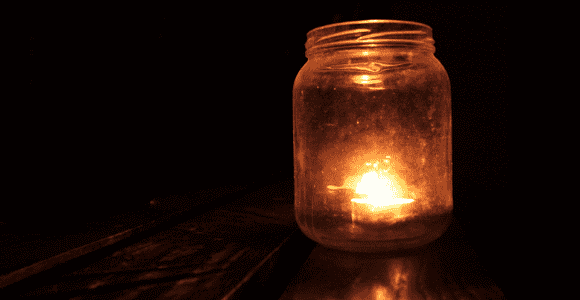Welcome readers! Please subscribe through the buttons on the right.
(Read this series from its beginning here.)

Again, in Jesus’ society it was not the people in general who rejected light for fear of being exposed, but, certain people, the elites, those in positions of power and privilege who “loved darkness instead of light because their deeds were evil.”
In my home state of West Virginia, we are now in the midst of our 2021 legislative session. The Republican party won a supermajority in both houses of the West Virginia legislature in last November’s election. Now an alarming trend is developing.
Over half a dozen bills moving through the halls of legislature either remove all requirements for public disclosure of meetings and information, or make agency information private and not subject to the Freedom of Information Act. That’s not how government that claims to derive its power from the consent of those it represents should work. Government should be transparent. Everyone should be able to know what is being done, and be able to keep those who represent them accountable. It makes one wonder what is being hidden, what is being kept out of the light of public consciousness.
I want to offer a word of caution regarding the phrase in our passage about “loving darkness.”
The vilification of darkness in the gospels is problematic today. However innocent the original intent may have been of the gospel authors, equating darkness with evil has been a deep part of White supremacism. White supremacists have used Biblical passages to equate whiteness with goodness and superiority and blackness with evil or inferiority. Equating blackness with evil is how colonists imagined God and holiness as white and therefore, Black and Brown people as something else. This seed has borne deeply harmful and destructive fruit in the lives of all who are not White. (In different ways it has also damaged White people. One cannot advance supremacism and be unscathed.)
I’ve noticed that the Rev. Dr. Wil Gafney uses the language of “gloom” or “shadow” instead of “darkness.” After all, there is nothing inherently evil about darkness and we need a balance of both light and darkness in our lives for health. The darkness of the womb is where we were all given life. Darkness is where we rest and heal, and some forms of life only grow in darkness. Again, it’s about balance: both light and darkness in a dance, so to speak, with neither overcoming the other. We can speak of the goodness of the light without vilifying darkness. Darkness calls us to the goodness of rest and recovery. Light calls us to wake and to get to work. We need both. (For more on this see Rev. Dr. Gafney’s Embracing the Light & the Darkness in the Age of Black Lives Matter and Dark and Light: Wil Gafney on White Supremacy in Biblical Interpretation)
What the passage from John describes is the desire to avoid the light of justice for fear of harmful actions toward others being exposed, actions that benefit some at the expense of others. We read about some hiding in the shadows for fear of being discovered, maybe held accountable, and most definitely being stopped. It’s about them coopting the darkness, which is not inherently evil, and using the darkness not for the life giving purposes of which it is intended, but to hide so they can continue doing harm.
We’ll wrap this up with a look at suggestions for a transparent accountability required for a just society, next.













